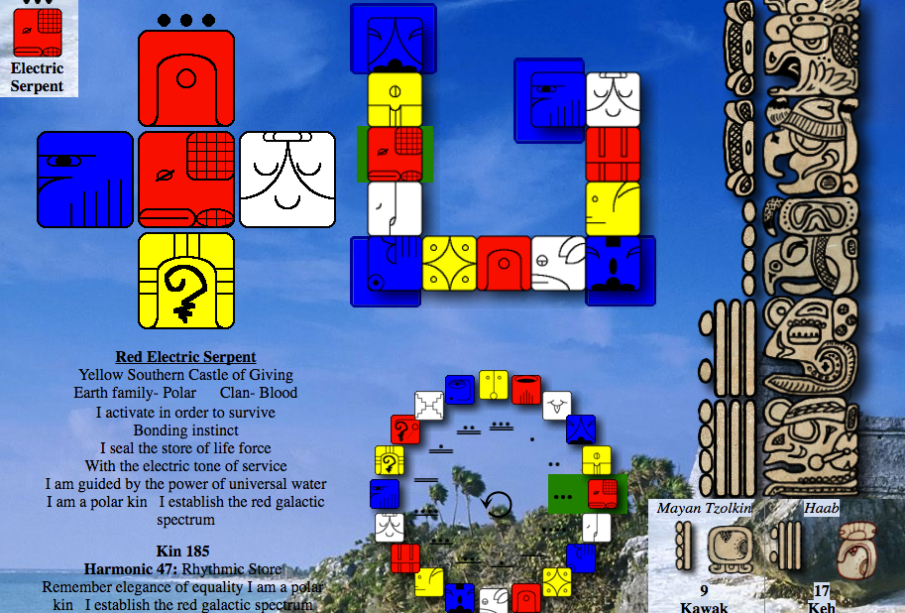The Importance of Kinship in Our Lives

Introduction
Kinship is a fundamental aspect of human relationships, influencing social structures, cultures, and personal identities. As society continues to evolve, understanding the concept of kin becomes increasingly crucial. Kin, often defined as family relations both biological and social, shapes our connections and offers support systems that are vital for emotional well-being and cultural continuity.
The Definition of Kin and its Variations
Traditionally, kinship included close family, such as parents and siblings; however, the modern understanding has broadened this definition. Kin can encompass extended family such as grandparents, aunts, uncles, and even close family friends who play a familial role. Many cultures have specific terms for distinct types of kin, highlighting the complexity of these relationships.
Current Trends in Kinship
Recent studies have revealed various shifts in how kinship is perceived and practiced globally. In the wake of the COVID-19 pandemic, many individuals have reassessed the value of kin connections as they turned to their families for support during challenging times. Research published in the Journal of Family Issues in 2023 shows that individuals have reported strengthened bonds with their extended family as a result of shared experiences during lockdowns.
Moreover, changing family dynamics, including increased single-parent households and blended families, have led to a redefinition of kinship structures. A study by the Office for National Statistics in 2022 indicated a rise in households with non-traditional kin arrangements, whereby friends or community members are considered part of one’s kin network.
Social Implications of Kinship
The implications of kinship extend beyond personal relationships into societal structures. Kinship ties often play a role in economic support systems, with family members providing financial assistance during times of need. This trend is particularly evident in low-income households, where extended families collaborate to share resources and responsibilities.
Furthermore, kinship influences cultural inheritance and social norms. Many communities rely on kin relationships to pass down traditions, beliefs, and practices that shape individual identities. The preservation of cultural heritage is often rooted in strong kin bonds.
Conclusion
Understanding kin and the various dynamics of kinship is essential for appreciating human relationships and societal structures. As the world continues to change, so too do our perceptions of family and kin. Readers are encouraged to reflect on their own kin networks and recognize the significance of these relationships in their lives. As our understanding of kinship evolves, it holds the potential to foster stronger communities, deeper emotional connections, and a more profound appreciation of our shared human experience.








